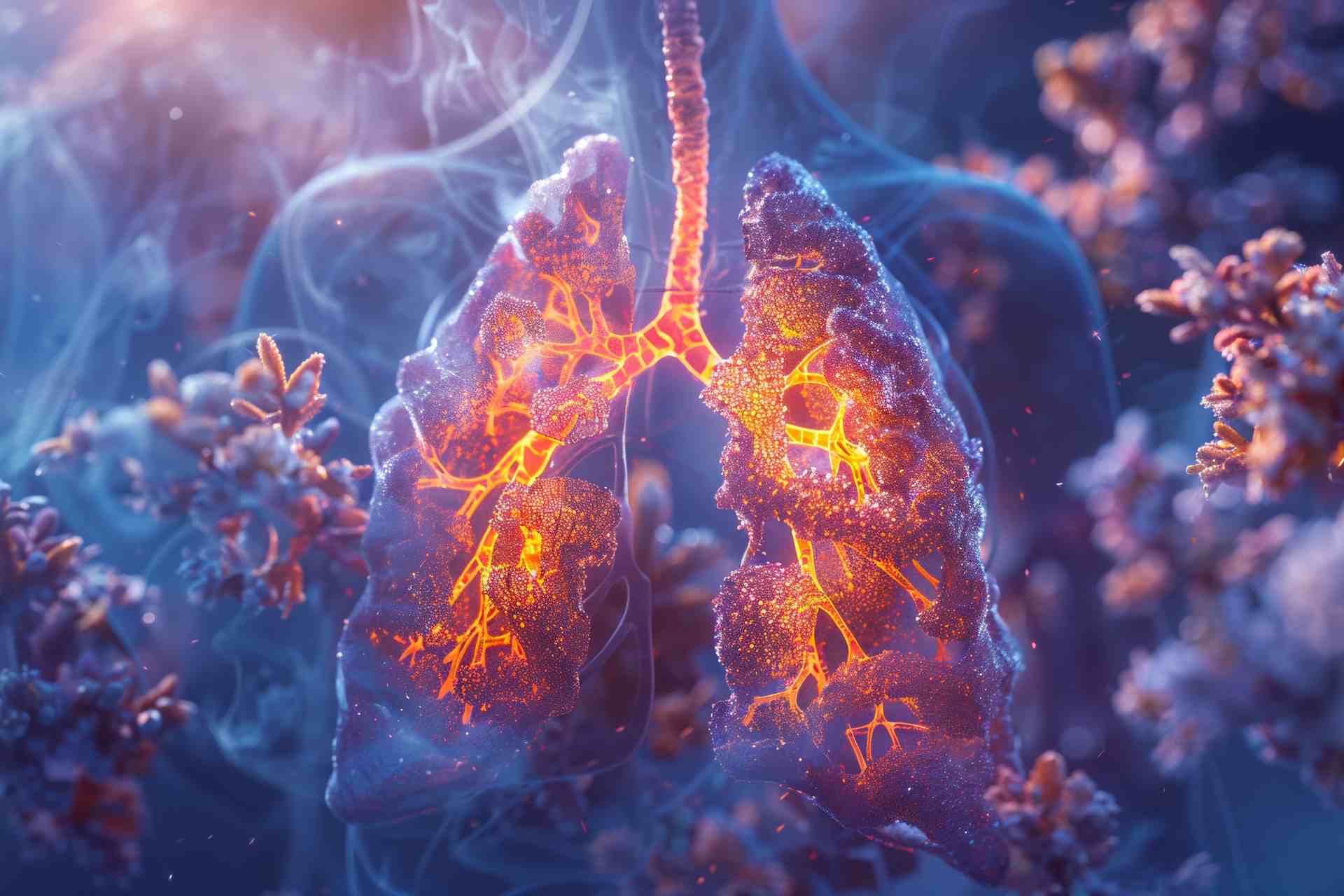Cystic fibrosis is a genetic disorder that causes severe damage to the lungs, digestive system and other organs. Now, researchers have found that the gut microbiota of infants with cystic fibrosis matures more slowly, which may contribute to health issues.
The findings, published in mBio, suggest that delayed microbiota maturation in infants with cystic fibrosis could contribute to disease complications. “Our study builds toward microbiota-targeted therapy to restore healthy microbiota dynamics in infants with [cystic fibrosis],” the authors say.
Scientists have known that the gut microbiota develops from birth and stabilizes by age three to five, with disruptions, such as those seen in cystic fibrosis, leading to immune and digestive issues. In people with cystic fibrosis, the gut microbiota develops more slowly, and understanding these differences may help create therapies to improve the microbial makeup of people with the condition.
Adrian Verster at Dartmouth College in Hanover, New Hampshire, and his colleagues set out to examine the gut microbiota of 40 infants with cystic fibrosis and compare the results with data from thousands of infants with or without the condition.
Maturation delay
Compared with infants without cystic fibrosis, those with the condition showed differences in their gut microbiotas, including lower levels of Bacteroidota and higher abundance of Pseudomonadota.
In their first year of life, babies with cystic fibrosis could be divided in two distinct groups based on the presence or absence of Bacteroides, but all remained different from infants without cystic fibrosis, mainly due to differences in Bifidobacteria bifidum, Phoecicola vulgatus and E. coli levels.
Babies with cystic fibrosis also showed delays in gut microbiota development compared to healthy infants, with altered bacterial composition, including high Enterobacteriaceae levels and low levels of beneficial bacteria such as Faecalibacterium prausnitzii.
Transitional state
The gut microbiotas of infants with cystic fibrosis had an increased presence of oral bacteria and fungi, such as Saccharomyces and Candida, which have been linked to inflammation, the researchers found.
The team also used machine learning models to predict microbiota age based on gut bacteria. In healthy infants, specific bacterial species indicated microbiota development across different populations, making these species potential biomarkers for gut maturation.
The findings suggest that infants with cystic fibrosis have a gut microbiota that remains in a transitional state rather than progressing to a stable adult-like microbiota by age three.
Future research, the authors say, should explore interventions to support microbiota development in people with cystic fibrosis.









